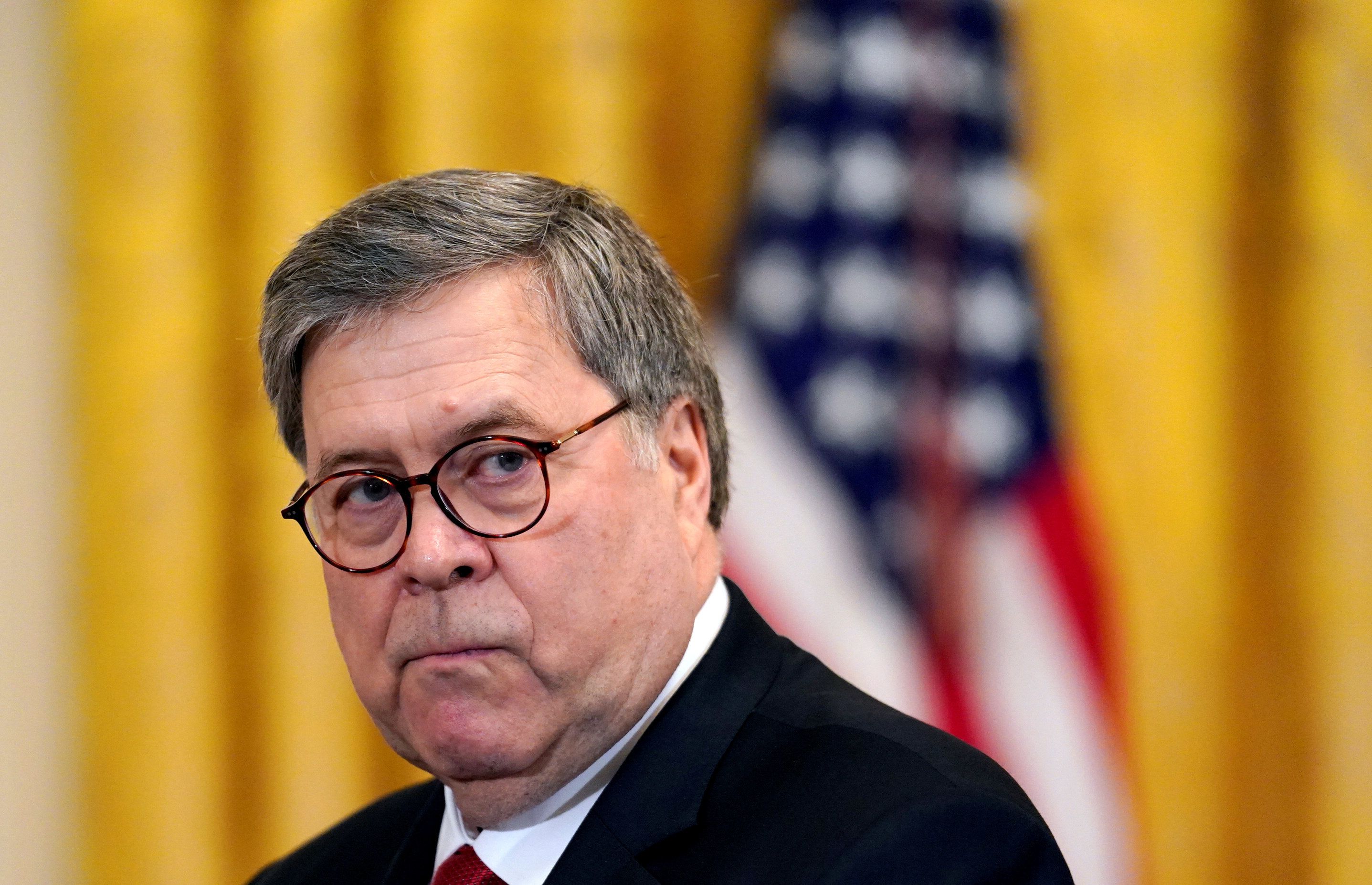Three questions about the Mueller Report
Tomorrow, Attorney General William Barr is expected to release a redacted version of Special Counsel Robert Mueller's confidential "Report on the Investigation into Russian Interference in the 2016 Presidential Election," shedding new light on his nearly two-year probe into possible coordination between Russia and President Trump and his campaign. The Department of Justice will release a public version on the special counsel's website.
Here are three questions to ponder as you digest the news:
1- Are there details in the report that shed new light on the specifics of foreign interference in the 2016 US election, revelations that can help the US and other countries safeguard the integrity of future elections?
The Mueller report is unlikely to reveal anything that US intelligence officials don't already know about Russian interference, and details that are unknown to most members of Congress are almost certain to be redacted. But if lawmakers gain access to parts of the report that reveal the specifics of a foreign government's election interference strategies and techniques, they can increase pressure on the president to take actions to address the vulnerabilities they reveal.
Russia is not the only actor using these tools, and the US is far from the only target. All elections are increasingly vulnerable to disinformation campaigns that originate outside their borders. If new details of past interference, or attempted interference, are made public, or at least shared privately with other intelligence agencies, the knowledge gained can protect future elections in other countries from different threats than those facing the US today.
2- Are there revelations in the report that enough people might consider evidence of "high crimes and misdemeanors" to add political pressure on House Speaker Nancy Pelosi to move toward impeachment?
Attorney General William Barr wrote in his four-page letter to Congress on the principal conclusions of the Mueller investigation that "the Special Counsel did not find that the Trump campaign, or anyone associated with it, conspired or coordinated with the Russian government in these efforts." He also asserted that Mueller "did not draw a conclusion" on whether President Trump obstructed justice to thwart the investigation.
Yet, there may be multiple assertions in Mueller's report that Trump took actions that can be considered "high crimes and misdemeanors," offenses for which the president should be impeached. Impeachment is a political, not a legal, process. Nancy Pelosi has worked hard in recent weeks to beat back pressure from Democrats to push for impeachment because she believes such a move would damage her party politically. But the details of the Mueller report could make that more difficult.
3- Is there anything in the report that will make Trump backers or Trump haters change their minds about whether to vote for him?
Given the current extreme polarization of US politics, it's hard to imagine that anything in the Mueller Report will change the way people vote in 2020. Since the release of Attorney General Barr's letter on March 24, President Trump's poll numbers haven't changed much. That doesn't mean we shouldn't look for surprises when the document is released. Especially if Democrats can win the coming court battle to publish an unredacted version of it.
